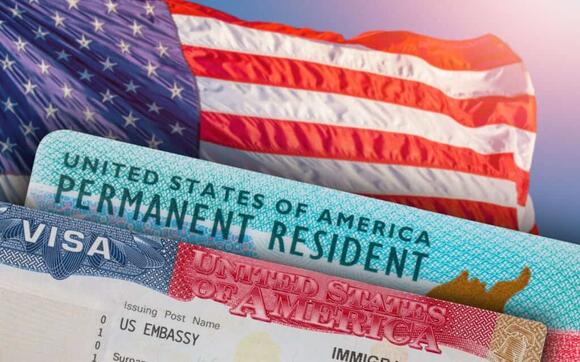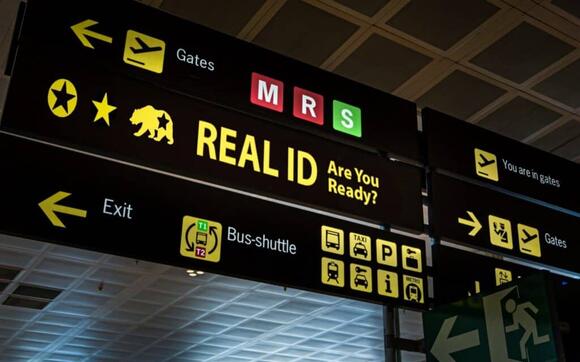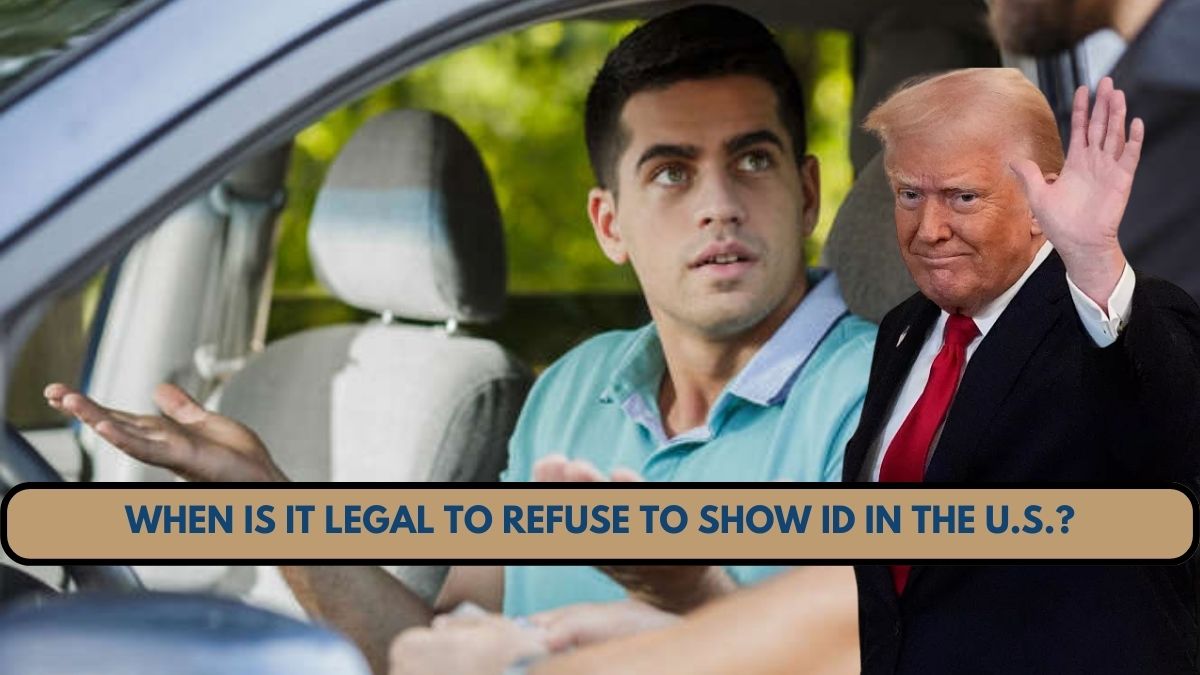In the United States, knowing when you can legally refuse to show your ID can be crucial during an encounter with law enforcement. Laws surrounding identification requirements can vary by state and situation. Here’s what you need to know about your rights and obligations when it comes to showing ID in the U.S.
Understanding Your Rights When Interacting with Law Enforcement
In the U.S., your obligation to show identification to law enforcement officers largely depends on the circumstances surrounding the encounter. For the most part, citizens have the right to refuse to provide their ID unless they are in specific situations where the law requires it.
When You Can Legally Refuse to Show ID

Consensual Encounters with Police
A consensual encounter occurs when you are not detained or under arrest and are free to leave at any time. During such interactions, police officers are not required to ask for identification, and you are under no obligation to provide it.
If the officer simply asks for your ID, you are not legally required to comply unless there’s a reasonable suspicion of criminal activity or another legal reason for their request.
In these situations, if you are not being detained, you can refuse to provide your identification and walk away. It’s crucial to remain calm and polite, as refusing ID in a respectful manner may help avoid escalating the encounter.
No Reasonable Suspicion or Probable Cause
The Fourth Amendment of the U.S. Constitution protects you from unreasonable searches and seizures. If law enforcement does not have a reasonable suspicion that you are involved in criminal activity, they cannot demand that you show your identification. Without probable cause, they cannot stop you or detain you long enough to check your ID.
If you are not violating any laws and there is no reasonable suspicion, officers do not have the right to force you to provide identification. In states without “stop and identify” laws, refusal to show ID is typically not an offense.
Refusal in States Without “Stop and Identify” Laws
Not all states have “stop and identify” statutes that require individuals to show ID during a stop. In these states, if you are not being arrested or detained, you can legally refuse to provide identification. States like California and Texas, for instance, do not mandate identification during a consensual encounter unless the officer has probable cause to believe you are involved in a crime.
When You Must Provide ID
While you do have the right to refuse to show ID in certain circumstances, there are also situations where you must comply
Stop and Identify States
In some states, you are legally required to identify yourself to law enforcement officers if they have reasonable suspicion that you are involved in criminal activity. These states include:
- Florida
- Illinois
- New York
- Utah
- Wisconsin
In these states, if you refuse to identify yourself, you could be arrested or fined. It’s important to note that the law only requires you to provide your name in many cases, but in others, you may be required to provide additional information.
For example, in Nevada, the U.S. Supreme Court ruled in Hiibel v. Sixth Judicial District Court of Nevada (2004) that individuals must provide their name during a lawful stop, even if they are not arrested.

Traffic Stops
If you are stopped while driving, you are required by law to present your driver’s license, vehicle registration, and proof of insurance. Failing to provide these documents can result in fines or arrest, depending on the circumstances and state law.
Post-Arrest Situations
After an arrest, you will be required to provide identification for booking purposes. While refusing to show ID post-arrest may not lead to additional criminal charges, it will delay the booking process and potentially cause unnecessary complications.
Legal Precedents
The U.S. Supreme Court has ruled on several cases that clarify when officers can require you to provide identification. In Hiibel v. Sixth Judicial District Court of Nevada (2004), the Court ruled that states could require individuals to provide their names when stopped by law enforcement officers, as long as the stop is lawful. However, the Court also emphasized that the law must not violate constitutional rights, particularly the Fourth and Fifth Amendments.
In another key case, Kolender v. Lawson (1983), the Court struck down a California law that required individuals to provide identification without clear legal standards, ruling that it violated constitutional rights.
What to Do If You Are Asked to Show ID
If you are ever asked to provide identification by law enforcement, it’s important to know how to handle the situation respectfully:
- Stay Calm: If you are not being arrested or detained, ask the officer if you are free to leave.
- Know Your Rights: Understand whether the officer has a valid reason to ask for your ID, especially if you are in a state with “stop and identify” laws.
- Refuse Politely: If you are in a state where you are not required to provide ID and you are not under suspicion of a crime, you can politely refuse to show ID.
- Seek Legal Advice: If you feel your rights have been violated, consult a legal expert or contact an organization like the ACLU for guidance.
Conclusion
The decision to refuse to show identification during an encounter with law enforcement depends on several factors, including the nature of the interaction and the laws in your state.
Understanding when you are required to provide ID and when you are not can help protect your rights while navigating encounters with police officers. Always remain calm, respectful, and aware of your legal rights.
This article has been carefully fact-checked by our editorial team to ensure accuracy and eliminate any misleading information. We are committed to maintaining the highest standards of integrity in our content.

Deepak Grover is a dedicated content writer at OTE News, specializing in government affairs, public policy, and current events. With a keen eye for detail and a passion for factual reporting, he ensures readers receive accurate and insightful news. Deepak holds a degree in Political Science and has experience in research-driven journalism.
When not writing, he enjoys reading historical books, exploring hiking trails, and staying updated with global political trends. His commitment to ethical journalism makes him a trusted voice at OTE News.




